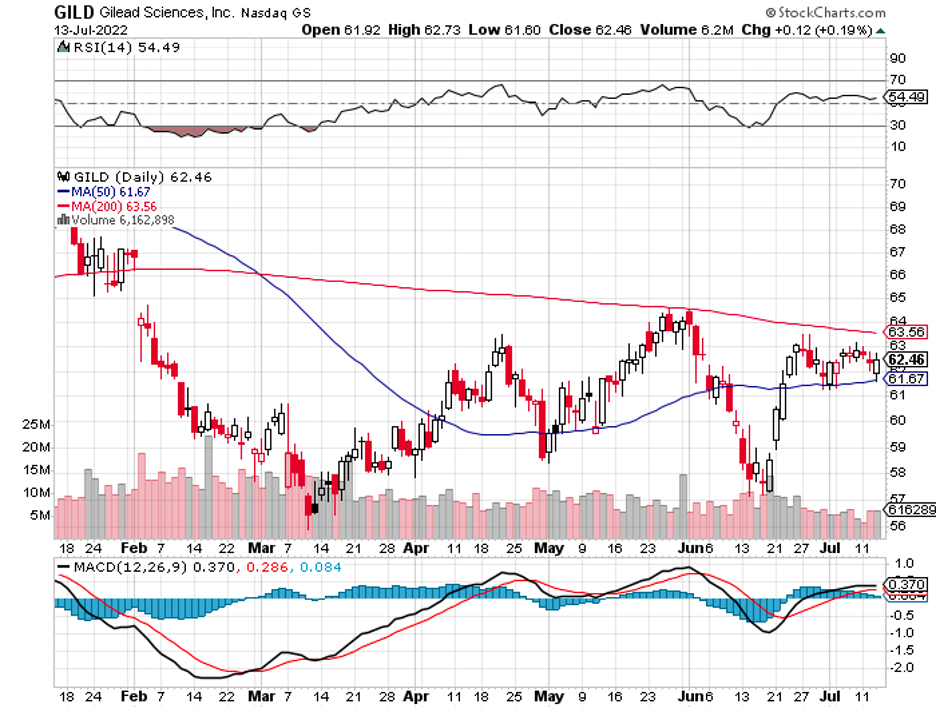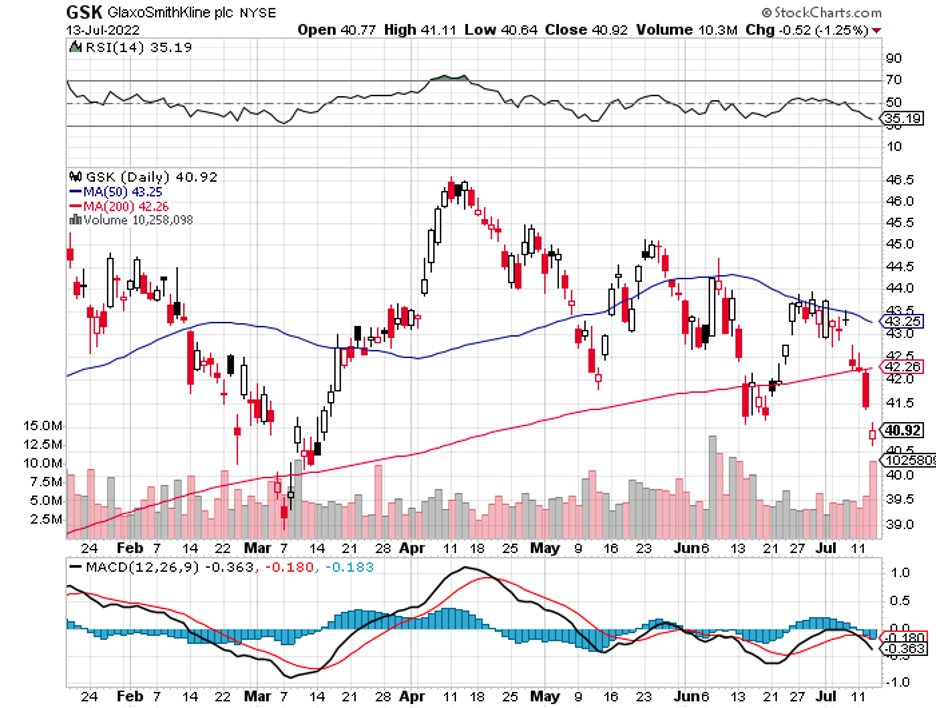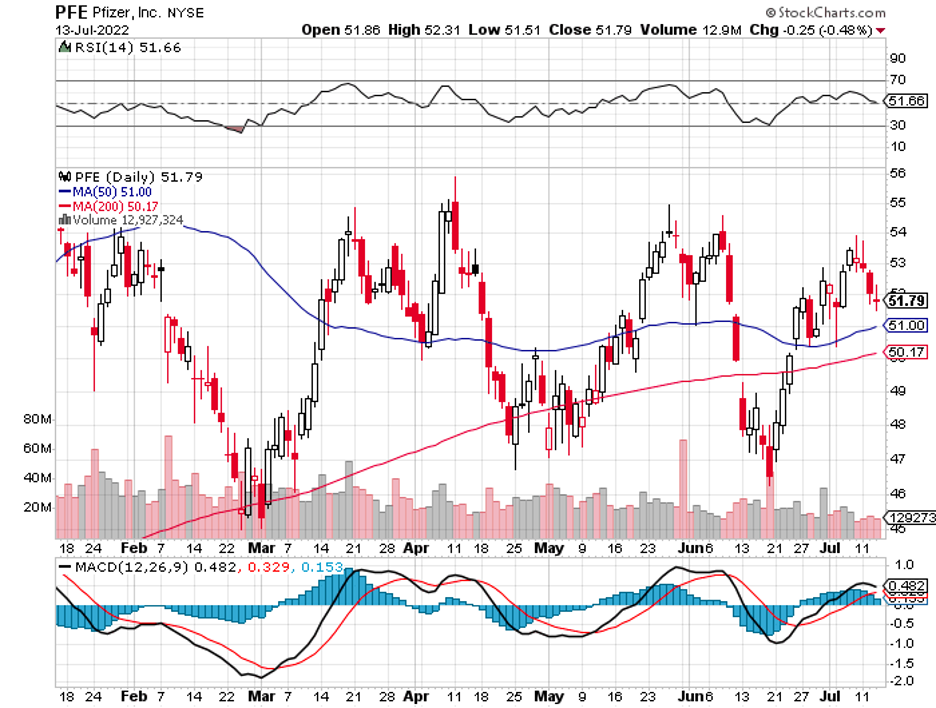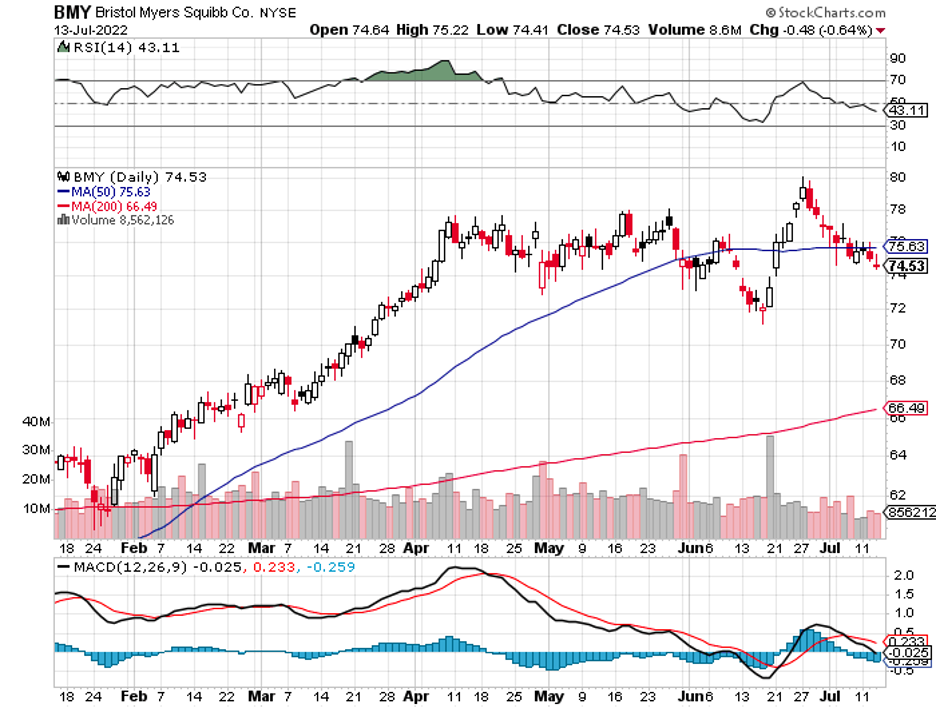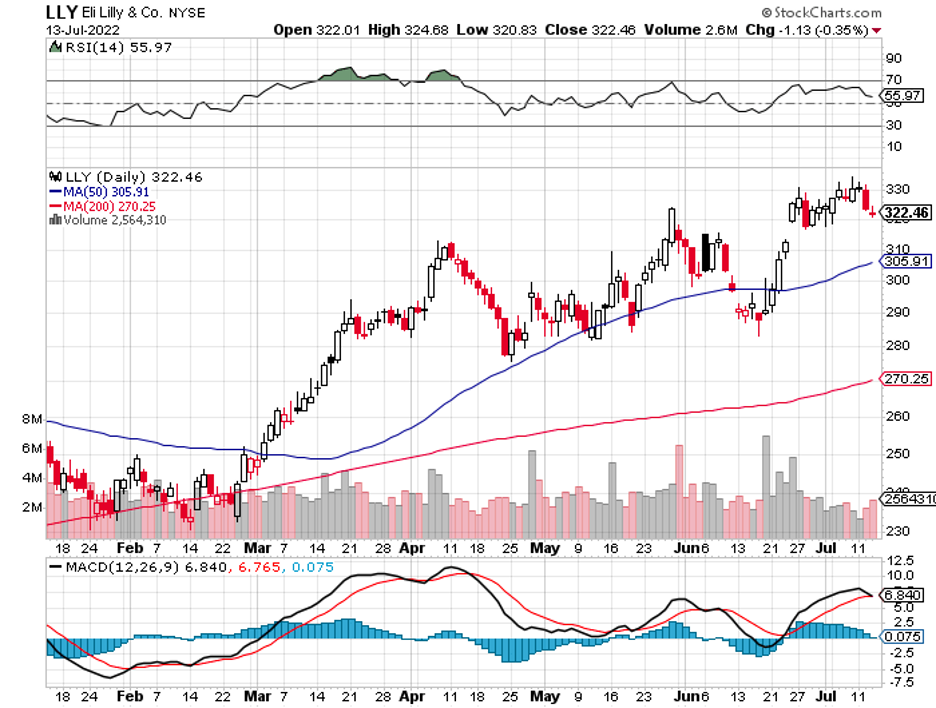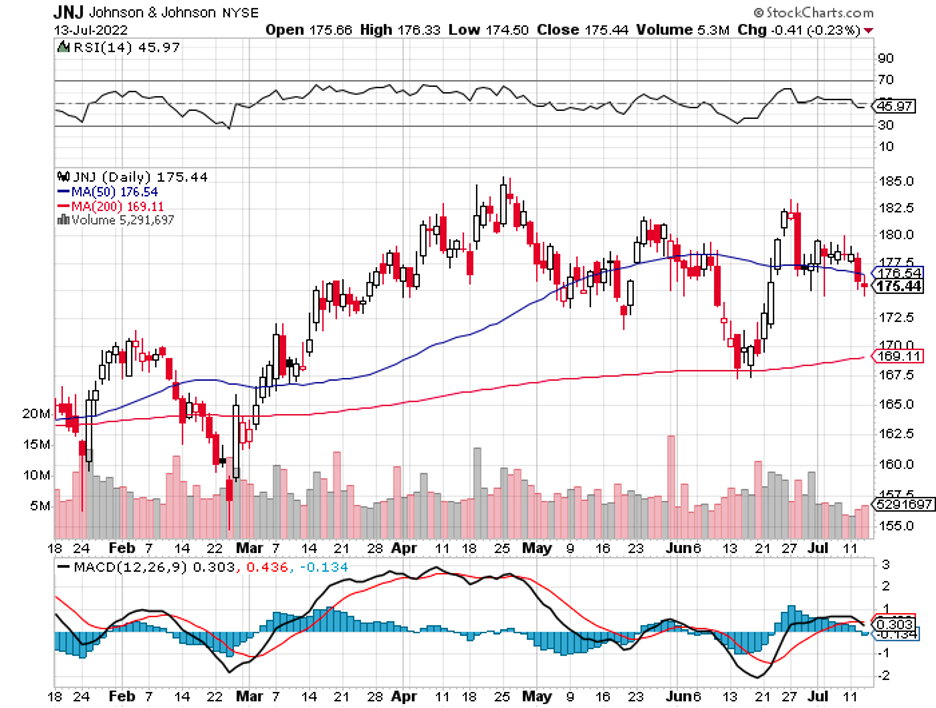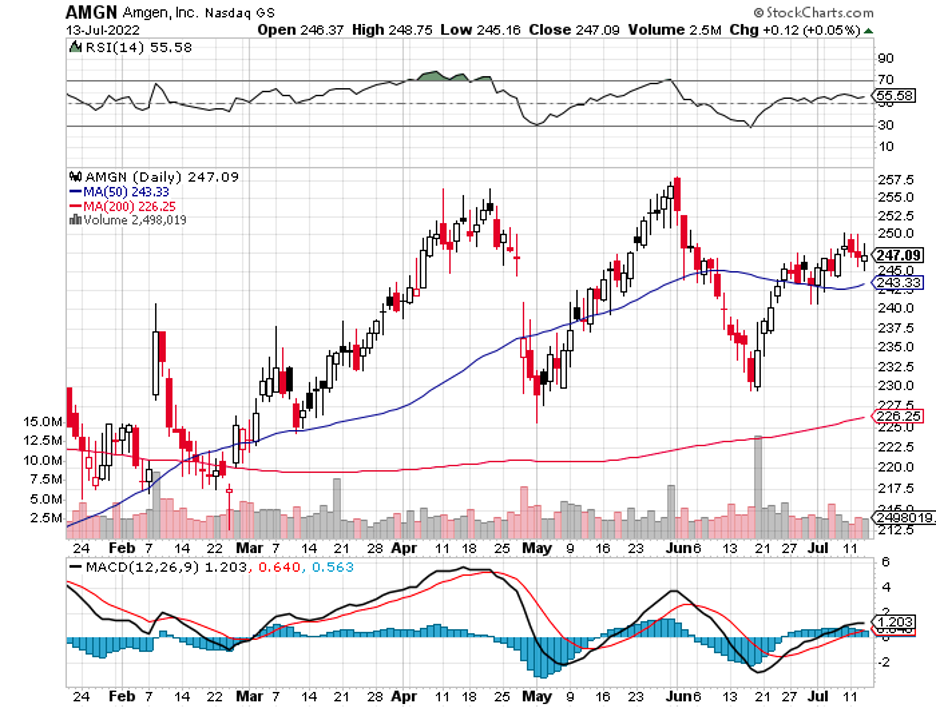Goodbye Big Pharma, Hello Big Biotech
The moment GlaxoSmithKline (GSK) completes the spinoff of its massive segments marketing drugstore staples, such as Tums and Advil, it will become the latest name to join the list of Big Pharmas shuffling their assets and rebranding itself into a pure-play biopharma stock.
The reorganization of this UK-based company is the culmination of years-long process that has transformed practically all the biggest pharmaceutical companies globally into biotechnology companies on steroids.
This type of transformation, which gets rid of sideline businesses, has been going on for years. Pfizer (PFE) dumped its chewing-gum segment back in 2002 and established another spinoff unit, Viatris (VTRS), with Mylan in 2020.
Bristol Myers Squibb (BMY) decided to spinoff its infant-formula division in 2009. In 2018, a new animal health company came to be from Eli Lilly (LLY).
By 2023, Johnson & Johnson (JNJ) expects to complete the creation of a spinoff company and unload its consumer health segment, which offers Tylenol and Band-Aids.
Essentially, they’re turning into Amgen (AMGN) and Gilead Sciences (GILD) but with more money and resources to churn out high-priced, complex treatments for rare diseases.
However, not all Big Pharma names plan to become pure-plays. For example, Merck (MRK) still intends to retain its animal health sector while Roche (RHHBY) wants to keep its diagnostics segment.
As for the rest, including AstraZeneca (AZN), Novo Nordisk (NVO), and AbbVie (ABBV), their plan is to focus on creating new drugs and marketing these treatments—nothing more, nothing less.
The idea of Big Pharma transforming into “Big Biotech” dates back to 1992, when Henri Termeer, the CEO of Genzyme—now owned by Sanofi (SNY)—was summoned to a Senate hearing in Washington to argue and justify one of the most expensive medicines ever put to market.
The medication in question was for a rare genetic condition called Gaucher disease. A year-long treatment for one person needed tens of thousands of human placentas, and the price tag? A jaw-dropping $380,000 annually.
Amid the demand to make the treatment cheaper, Genzyme stood by its decision and the price barely budged after two years.
The company’s tenacity and insistence on standing by its pricing altered the biopharma landscape. That is, drug developers realized that rather than marketing cheaper drugs to combat common diseases, they can focus on biotech-style treatments to target rare conditions.
At that time, Big Pharma companies were battling over pieces of massive markets. They allocated considerable funds to their commercial teams, hoping to outrank one another in crowded spaces.
Meanwhile, biotechs like Genzyme decided on a different strategy.
They concentrated on more innovative approaches. Actually, the biotech focused on biologics at that point. Then, the company simply ignored the pricing rules and set its own prices, which were considerably higher.
A more recent go-to proof of concept for this strategy is Abbott Laboratories (ABT), which was initially a diversified company that offered an extensive range of products like medical devices and even infant formula.
In 2013, the company spun off its branded pharmaceutical sector into AbbVie, which became a pure-play biopharma that focused on developing and marketing the arthritis drug Humira. Since then, Humira has transformed into one of the top-selling drugs in history.
More than that, AbbVie pays substantial dividends while its shares have delivered 500% returns since the spinoff. In comparison, the S&P 500 has returned roughly 220% within the same timeframe.
While this is a shift that investors have clamored to see in the healthcare sector, it also means that the transformations could turn companies with solid revenue streams that have become reliable despite the ups and downs of the drug discovery process into riskier bets.
Although treatments for rare diseases admittedly come with very high price tags, focusing on smaller markets brings with it the inherent risk that these buy-and-stuff-under-the-mattress blue chips could no longer deliver returns as consistently.
These days, though, the advancements have made faster and safer scientific breakthroughs much more plausible.
Companies have gained a better understanding of the human genome, oncology treatments, genetic diseases, and groundbreaking modalities like gene therapies.
The science has now caught up with the demand. More importantly, Big Pharma has finally woken up and started to leverage its resources to take advantage of the opportunities.
This gradual change can be seen in the surge of new treatments in the past years. From 2016 to 2020, the FDA approved an average of 46 new therapies annually.
This is more than half the number between 2006 and 2010 when the organization only approved an average of 22 new treatments every year.
Needless to say, these changes are also partly in response to the overall dissatisfaction of investors with the diversification strategies of Big Pharma.
Basically, the general message here is that Big Pharma should let the investors worry about diversifying their own portfolios and focus on developing safe and effective drugs.
